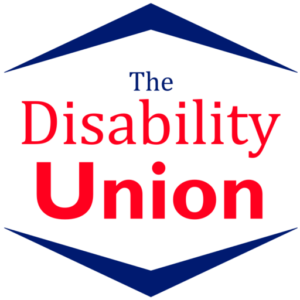comment by Jess Muxlow
We finally have the return of the Wimbledon Championships after their cancellation last year amidst the COVID-19 pandemic. Beginning in 1877, Wimbledon offered entrance to men only. This developed into the inclusion of women in the late 1890s. It took until 2005 for wheelchair tennis players to be included in the Wimbledon tournament, with a wheelchair double match being played for the first time in 2018 at the venue.
It doesn’t take a genius to work out that disability progression in sport such as tennis has been slow, stunted, and shamefully ignored by the popular media. However, this ignorance is only fully comprehensible when you compare the prize money for able-bodied players compared to those with disabilities.
This year, the winners of the men’s and women’s singles tournaments will receive £1.7 million respectively. Compared to the wheelchair singles winner who will receive £48,000. That means that the able-bodied winners will receive a 3441% increase in the amount of prize money that disabled winners will receive.
It is 2021, the disability equality act of 2010 clearly states that it is against the law to discriminate against a disabled person in terms of employment including pay. Unfortunately, as the prize money offered at the Wimbledon tournament is not classed as payment in regards to employment due to the competitive nature of the event, it does not technically break the law in regard to equal treatment for disabled people.
So, how can this be addressed? Should there be a rule, law, or authoritative statement that ensures equal prizes for abled and disabled competitors in sporting events such as Wimbledon’s championship tournaments?
In my opinion, yes. Disabled players should be treated as equally valuable in comparison to able-bodied players. Even the major media do not equally cover the wheelchair tennis tournament to such a degree as the able-bodied tournaments. This signals to all disabled people that they are of less value because of their disability. The inequality here tells me as a wheelchair user that my talent and personal achievements do not matter as much as those of an able-bodied, non-wheelchair user. Surely, in the times we are now living this should not occur.
The world is slowly moving with inclusive times and it’s sad that the oldest and most traditional aspects of society are so slow and in some cases apprehensive to play catch up. However, there is hope and the Disability Union would be happy to help! In Disability Pride month it would be amazing to see sport take notice and take note.
Find Jess at: www.chronicallyme.org www.facebook.com/ChronicallyM.E2 @ChronicallyMe3



